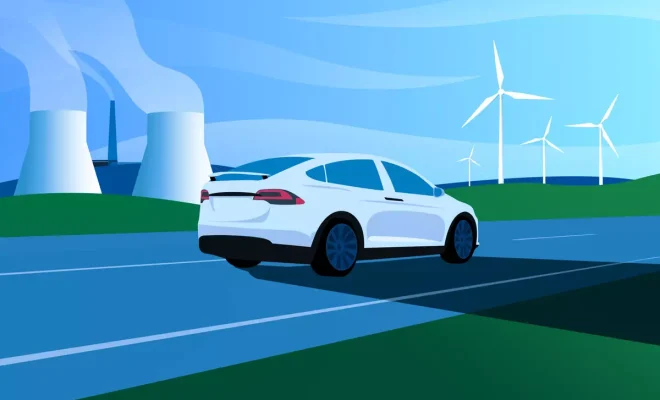Are Electric Cars Really Better for the Environment?

Introduction
The impact of vehicles powered by fossil fuels on the environment has been a significant topic of discussion. The concept of electric vehicles (EVs) has emerged as a potential solution to the problem, offering a cleaner alternative to traditional gasoline or diesel-powered cars. However, it is essential to explore whether they live up to their green image. This article will examine if electric cars are genuinely better for the environment compared to their conventional counterparts.
Life Cycle Analysis
To understand the environmental impact of electric cars, we need to look at their entire life cycle – from production to end-of-life disposal. Life cycle analysis encompasses raw materials extraction, manufacturing, use, and disposal or recycling.
Production Phase
An often-cited drawback of electric cars is the environmental impact of producing batteries. Manufacturing lithium-ion batteries requires significant amounts of metals like lithium, cobalt, and nickel, and the mining process can have adverse consequences like carbon emissions and soil or water pollution. However, studies have shown that these impacts lessen over time due to improving technology and more efficient resource utilization.
Usage Phase
Regarding emissions during the usage phase, electric cars outperform their gasoline counterparts. With zero tailpipe emissions, EVs drastically reduce local air pollution. Moreover, as energy grids shift towards renewable resources and cleaner energy production methods like solar and wind power evolve, EVs could potentially become entirely powered by renewable energy sources.
Battery Disposal and Recycling
Disposing used batteries can also contribute to environmental harm when not properly handled, e.g., the leakage of hazardous chemicals into surrounding ecosystems. However, recycling technologies have progressed significantly in recent years leading to increased battery recyclability. Governments are creating policies that encourage battery recycling programs which aids in reducing the carbon footprint tied to battery disposal.
Conclusion
Despite some drawbacks associated with battery production and disposal, electric vehicles show immense promise as a greener alternative to traditional fossil fuel-powered cars. The key to fully realizing their environmental potential is tackling the production and recycling issue as technology continues to develop. Ultimately, electric cars are an essential step towards creating a more sustainable future for our planet.




